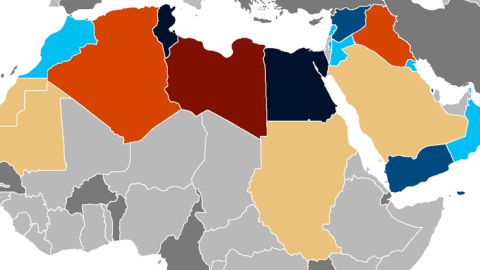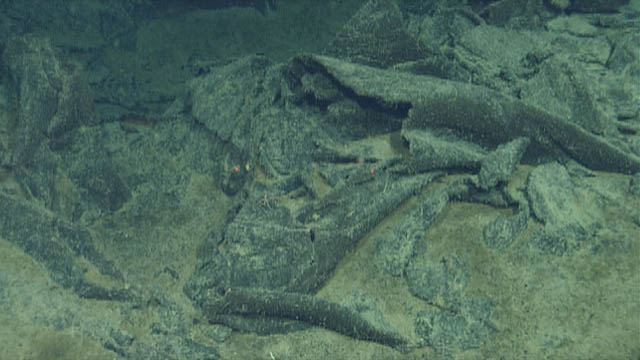The Arab Spring and the Rebirth of Middle Eastern Science

What’s the Latest Development?
The $2 billion science and technology institute first proposed 12 years ago by Egyptian chemist Ahmed Zewail has been given the green light by Egypt’s ruling military council and civilian interim government. The project is a “locomotive that will pull the train of scientific research in this country,” said Zewail. The lack of scientific ambition across the Middle East is well documented. The region spends about 0.2 percent of its G.D.P. on scientific research compared to 1.2 percent worldwide. Scientists are optimistic about recent leadership changes in the region.
What’s the Big Idea?
An uptick in scientific ambitions in the Middle East would mark a renaissance of the region’s contributions to knowledge and understanding. Many founding scientific texts originated in cities like Cairo and Baghdad at a time when Islam was equally present throughout society. For this reason, scholars point to the corruption of dictatorial governments, rather than religious doctrine, when explaining the fall of scientific achievement in the region. New political structures and freedom of expression will fuel the next scientific revolution in the Middle East.




